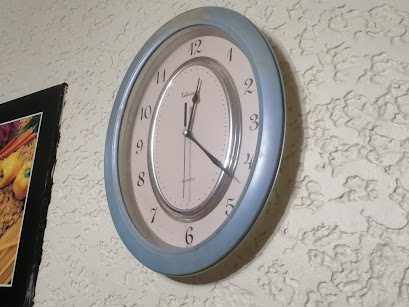Hypothetically...
Hypothetically...
Published: September 29, 2023
(Courtesy: David Santaolalla, Wikimedia Commons)
Hunter’s second chapter showed me the
importance of making hypotheses. Hypotheses are the foundation of a project on
whether one can continue pursuing it or not through analyzing countless
relevant truths. It narrows one to a particular set of goals to prevent them
from an overwhelming sea of questions about “what to do next.” Creating a
hypothesis gives one something to work on, verify, uncover secrets, and tell a
story.
First and foremost, I always saw
hypotheses as just mere sentences to base on. In part, it is true, but reading
into chapter two of Hunter’s manual made me realize that we must be realistic
in setting propositions. It was a problem of mine when we did our research in
Senior High School – a qualitative study on peer pressure. We thought of a
hypothesis without breaking it down into specifics or feasibility; fortunately,
we succeeded. Looking at it now was risky, and in an investigative setting, it
is unacceptable. When we started thinking of a story last Wednesday, September
27, 2023, it made me realize that we need to take things step-by-step, or else
we will merely throw ideas with no particular directions. Upon creating a
hypothesis or pitching a story, one must consider if it is attainable, as said
by Hunter. One must identify if they can promptly achieve deliverables, how
long it would take, and if the public can benefit or how they can be aware of
such a story. Moreover, we can now start looking into the facts relevant to our
hypothesis once we identify how we would manage our investigation.
Chapter Two reminded me that facts always matter, and one must work with the latter to build a coherent and meaningful story. Hypotheses are essential but must revolve around the truth that makes sense, as we may discover throughout our investigation. Should our ideas not align, we have to “accept the facts and make a new hypothesis,” as said by Hunter. Although the truth is significant, we must remember that we should not take it all at face value, as Hunter indicated in using the official version as a hypothesis. Sometimes bureaucrats can deceive you, and we must investigate and verify if the statements we saw are consistent with other sources. Once we authenticate various information, we must decide if we should continue with our initial hypothesis, modify it, or create an entirely different proposition as we move along throughout the investigation process. However, as Hunter said, we should stay focused on the story, not just the facts (as it adds up).
Ultimately, creating a hypothesis is our beginning when composing a narrative. Making such a proposition guides one through each process when formulating an investigative report. Such procedures include identifying terms of the ideas, evaluating if the data gathered would support them, verifying and cross-checking information, and modifying the hypothesis to fit the facts as time progresses. Most prominently, we need to set realistic goals when creating a fruitful investigative report that, despite being time-consuming, is beneficial for public awareness.




Comments
Post a Comment